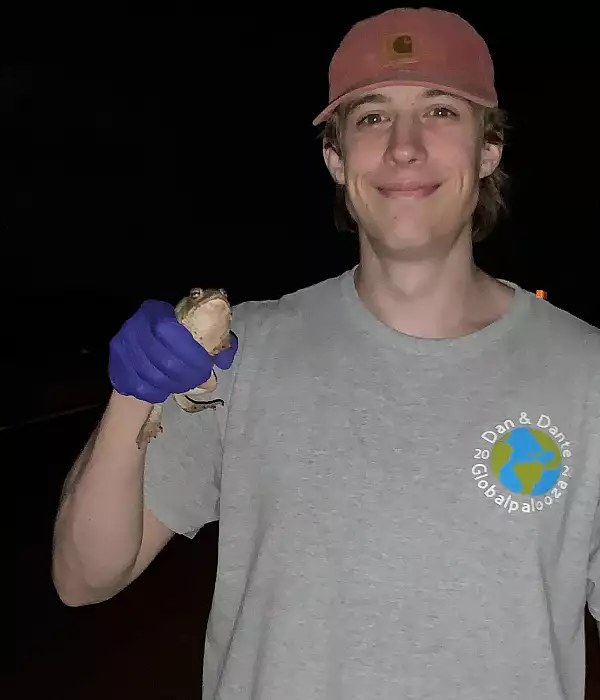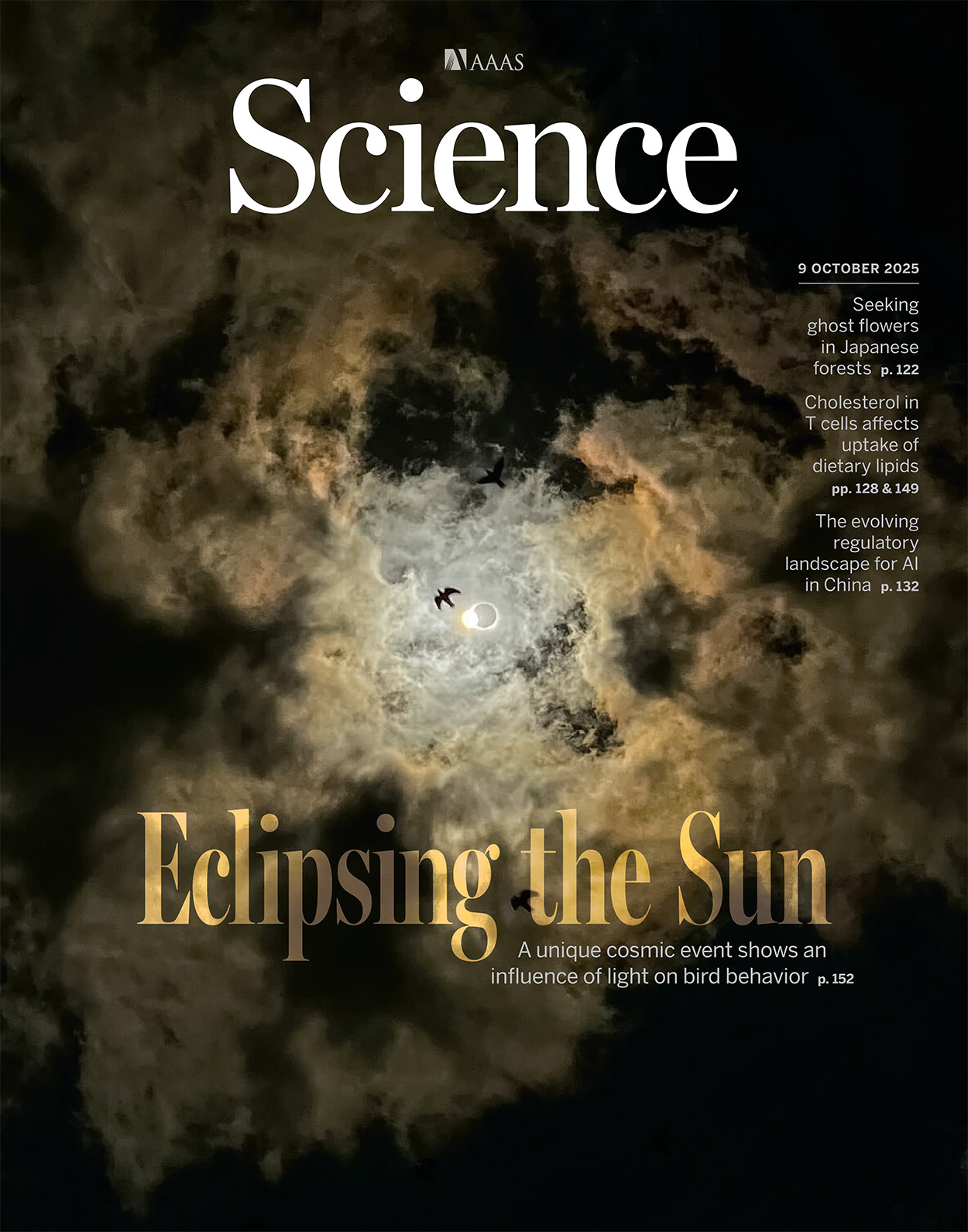- RESEARCH ASSISTANT: COMPARE Lab Research Assistant recruitment with ABEH students
This is Noah Baskin Monk and Dr. Erica Cartmill, lab manager and PI, respectively, of the COMPARE Lab. In our lab, we study the social cognitive abilities of humans and animals, primarily with children, dogs, and great apes. We have been launching our lab over the past semester, and we’re now looking for interested undergrads to join our lab as research assistants!
Our goal is for research assistants to gain experience in all aspects of research and with the questions that most interest them. Our current projects range in scope; however, our studies on campus primarily focus on research with children and companion dogs. We also work with great apes housed at the Indianapolis Zoo. More information about who we are and what we do can be found on our lab website.
If you are interested in joining our lab, please fill out our Interested Researcher form. We will be reviewing applications shortly after the new year! If you have any questions, please contact us at icompare@iu.edu.
*Please note that RAs are expected to be available for 10 hours per week, which includes lab and project meetings. Research assistant roles will be volunteer positions in Spring 2026. We hope to be able to offer stipends to RAs in the fall.
All the best,
Noah & Erica
- SUMMER INTERNSHIP: 2026 Paid Summer Internship for Undergraduates at UC San Diego
The Marine Physical Laboratory (MPL) at the world-renowned Scripps Institution of Oceanography at the University of California San Diego is now seeking curious, motivated undergraduates with strong quantitative skills to apply for the 2026 MPL Summer Internship Program.
This paid, eight-week research program provides students the opportunity to work on their own individual research project under the guidance of leading scientists in the field. Interns also participate in weekly seminars, hands-on activities, and professional development events. Participants receive an hourly wage of $18.25.
Research areas include:
- Acoustics and Infrasound
- Applied Ocean Sciences
- Autonomous Ocean Platforms and Global Observing Systems
- Coastal Oceanography
- Internal Waves and Ocean Mixing
- Marine Bioacoustics
- Marine Robotics
- Nonlinear and Surface Waves
- Ocean Acoustics
- Ocean Instrumentation and Technology
- Ocean–Atmosphere Interactions
- Physical Oceanography
- Population and Community Ecology
- Upper Ocean and Submesoscale Processes
Eligibility
- Applicants must be U.S. citizens or permanent residents currently enrolled as a second-year, or third-year undergraduates. (Senior-year undergraduates, former MPL interns, and high-school students are not eligible.)
- Applicants must be at least 18 years old by the internship start date.
- Applicants must be available to begin in June 2026 and work 40 hours per week for the full 8 consecutive weeks.
Application Procedure
To learn more and apply, please visit: https://mpl.ucsd.edu/internships/.
Applications are due Friday, January 23, 2026, at midnight Pacific Time.
Applicants will be notified of decisions by the end of April.
UC San Diego is an equal opportunity employer with a strong commitment to diversity. Students from underrepresented backgrounds are especially encouraged to apply.
Contact
For questions, please email: mpl-internship@ucsd.edu.
Follow Us:
Instagram: @mplinternship
Threads: @mplinternship
Twitter/X: @mplsummerintern
See flyer
- FIELD SCHOOL: DANTA Tropical Biology and Conservation Field Courses in Costa Rica
Danta is pleased to announce our 2025/2026 field courses in tropical biology. Our courses are intended for undergraduates or early graduate level students who have a keen interest in tropical ecosystems and conservation but have little or no experience of working in a tropical environment. Participants may enroll on either a credit or non-credit basis.
As much of our advertising is done by word-of-mouth, we encourage you to spread the word by forwarding this information to students or friends who may be interested in our programs.
For more information, please visit our website at www.danta.info and/or email conser...@danta.email. For an alumni perspective on our programs, please see our blog DANTAisms - http://dantablog.wordpress.com/ [dantablog.wordpress.com].
Wildlife Conservation and Sustainability
When:
Summer Session: July 1-16, 2026
Program Fee: $3100
Application deadline: June 1, 2026
Methods in Primate Behavior and Conservation
When: June 15-30, 2026
Program fee: $3100
Application deadline: May 1, 2025
Field Excursion
All courses include a visit to a wildlife rehabilitation center, sustainable chocolate plantation and dolphin and snorkeling trip of the Golfo Dulce. We will stay overnight on the Boruca Indigenous Reserve where we will learn about the community and their traditional lifeways. Every effort is made to implement eco-friendly and socially responsible practices into our day-to-day operations, field courses and overall mission.
--
DANTA: Association for Conservation of the Tropics
438 Norway Avenue
Huntington, WV 25705 USA
conservation@danta.email
740-274-2733
www.danta.info
- STUDY ABROAD: Hands-On Veterinary Study Abroad in Costa Rica
POSTED: 11/5/2025
My name is Stephanie Hernandez, and I’m a licensed veterinary technician and graduate of the University of Rhode Island. I’m excited to share an incredible study abroad opportunity this May 2026 for pre-veterinary, animal science, and veterinary technician students. I have been running this program for the last five years and am ecstatic to continue to provide opportunity for student growth through hands-on learning!
In partnership with the Maderas Rainforest Conservancy, this program takes students to Costa Rica for a one of a kind, hands-on veterinary field experience. It’s open to all students pursuing careers in veterinary medicine, animal care, or related fields.
Program Highlights:
- Volunteer at a spay/neuter clinic serving local communities
- Learn large animal medicine techniques in real-world settings
- Participate in labs and lectures led by veterinary professionals
- Practice nursing and clinical skills under experienced guidance
- Explore the Costa Rican rainforest and its rich biodiversity
- Gain a global perspective on animal care and veterinary nursing
This is a life changing opportunity for students to apply classroom knowledge in the field, deepen their understanding of veterinary work in an international context, and explore career paths through immersive, service-based learning.
Please find the attached PDF with full program details. I would greatly appreciate it if you could share this opportunity with your students or relevant faculty and departments. If you have any questions or need additional information, I’m happy to help.
Thank you for supporting students in accessing meaningful educational experiences!
Stephanie Hernandez She/Her/Hers
B.S Animal Science & Technology
Emergency Veterinary Technician
MRC All Terrain Vet Team Mission Coordinator
See flyer
- INTERNSHIP: Mad 4 My Dog internships + pet sitting job opening
REPOSTED: 8/4/2025
Mad 4 My Dog is looking for interns for the fall and spring semesters. We offer dog training, bathing, daycare, retail sales, & in-home pet sitting. Our interns help with training classes and daycare primarily, as well as facility cleanup and class prep. You will get to experience a ton of animal behavior principles implemented in a practical way with clients and their dogs. Please email a resume to Madalyn at mad4mydog@gmail.com.
ALSO-- we are always hiring good pet sitters if they would like an ideal part time job. Info at www.mad4mydog.com for sitting. Please email a resume to Madalyn at mad4mydog@gmail.com
- STUDENT INTEREST MEMBERSHIP: Association of Zoos and Aquariums Student membership call out
Hi Dr. Wellman,
My name is Jada Ryan, and I am reaching out on behalf of the Association of Zoos and Aquariums (AZA), a non-profit organization dedicated to the advancement of zoos and aquariums in the areas of conservation, education, science, and recreation.
We at AZA are looking to establish a connection with Indiana University’s Animal Behavior program. As an organization, we recognize that the strength of the zoo and aquarium industry is best determined by the knowledge, integrity, and commitment of its members. As such, one of our goals is to enhance the zoo industry by acquiring and retaining the brightest minds.
We recently developed a brochure that outlines the benefits of AZA Student Membership while also providing an overview of the complimentary resources available to students on our website. Of particular significance is the AZA Career Center, a web page wherein students have access to a comprehensive selection of job/internship listings.
Best,
Jada Ryan
Program Assistant, Member Services
Association of Zoos & Aquariums
8403 Colesville Road, Suite 710
Silver Spring, MD 20910-3314
(P) (301) 244-3340
(E) jryan@aza.org
www.aza.org



 The College of Arts
The College of Arts